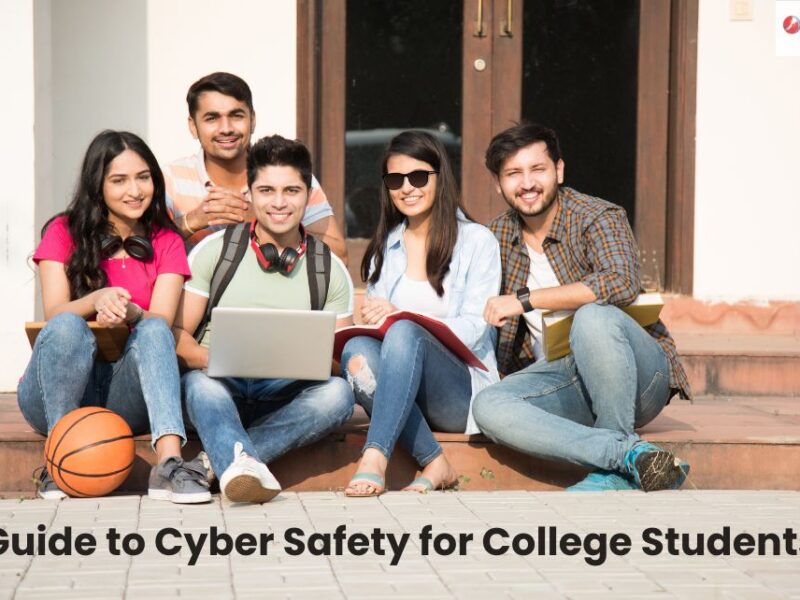How Can Computer Virus Harm You? Stay Informed, Stay Protected!
A computer virus is the worst enemy that any modern computer user can have. Information about viruses and their attacking techniques abounds the web. But, do we actually take the effort of enriching our knowledge by going through all this painstakingly developed information? Though, we all know that the issue of computer viruses is a huge menace today, we lack sufficient knowledge about them. We must understand that it is imperative to know how harmful can a specific malware or virus be, in order to avert severe risks it can bring.
Viruses, as we all know, are certain computer programs which are made to hamper normal functioning of a computer. Your PC runs on a set of commands which tell it to work in a particular way. Now, if software is installed on it which is programmed to control your computer in a negative way and make it do what could be harmful to end user, then your PC is said to be infected with a virus. These computer risks have evolved ever since the first computer virus was discovered and have diversified after that. Different kinds of viruses and malwares perform different functions.
In layman’s language, a computer virus affects a PC’s general health and its resources. Some viruses are quite benign and show up annoying pop-ups or error messages, while others are so devastating that they might end up making you lose your important data forever. Some of them might simply be there to spy upon you, while others would steal away your critical information. A virus or any other malicious program could harm you in any possible way that a cyber-criminal intends to. It simply needs to be programmed to do that job. It could delete a file or cause damage to other programs, and even destroy an operating system.
Computer viruses are categorized in different groups based on the kind of destruction they cause and their effects on a system’s resources. Generally, all computer viruses and other destructive malicious programs are collectively called malwares. These malwares are broadly categorized as viruses, Trojans, spy-wares, root-kits and computer worms.
How Do Different Malwares Harm a Computer Differently?
- Trojans or Trojan Horses obtain privileged access to a computer’s resources and bring in other malicious programs with them. They disguise as useful and desirable programs but actually are harmful. They are non-self replicating and do not infect other programs, as viruses do, but aid other malicious codes to enter in by exposing system weaknesses to them or allowing remote access to attackers by way of a back-door.
- Computer Worms are more complex than Trojans and have the capability to spread over a network and infect multi-user systems. They are standalone programs and can replicate themselves. However, they do not have to attach with a program to cause damage. Worms are designed to replicate and spread, so as to increase network traffic and consume bandwidth. They are sometimes accompanied by a payload or a malicious program, to cause further damage more than just replicating.
- Root-kits are meant to hide their own existence and the existence of other programs in a computer by evading recognition by anti-malware applications and virus detection programs. This way, they allow a malicious program to have privileged access to a device or computer. They are not harmful themselves, but are used by other fatal applications (such as spy-wares, Trojans, and phishing programs) to conceal them, so that neither malware scanning programs are able to detect these malicious applications nor the damage caused by them is identifiable to be repaired on time.
- Root-kits are also sometimes used for legitimate purposes, to provide a remote party with administrator level rights and access on a particular computer or device. One of the most famous examples of legitimate use of root-kits was Sony BMG’s attempt to use root-kits in its audio CD as part of its digital rights management (DRM) program. But, it was capable of aiding other malwares too.
- Computer Viruses have self-replicating capabilities, and they infect other programs or files by attaching with them and carrying out specific wrongful actions. Moreover, they get installed on a particular system without the permission of a computer user. However, they begin acting only when a particular program, to which they are attached, is executed. Viruses may slow down your PC, corrupt or destroy specific files, damage your data and perform other wrongful tasks.
It is not easy to handle these different malicious programs individually. Therefore, computer users are always advised to select an appropriate malware detection and prevention Antivirus Software application with great care. A vast range of malware protection programs is available today. However, users must consider their requirements and benefits offered by these applications before making the final purchase.




